Ever wondered how your food affects your hormones?
Nutrition apps are stepping up their game to help us understand the complex relationship between what we eat and how our hormones behave.
These apps aren’t just counting calories anymore – they’re tracking nutrients that matter for hormone health, syncing with your menstrual cycle, and giving personalized recommendations to help you feel your best.
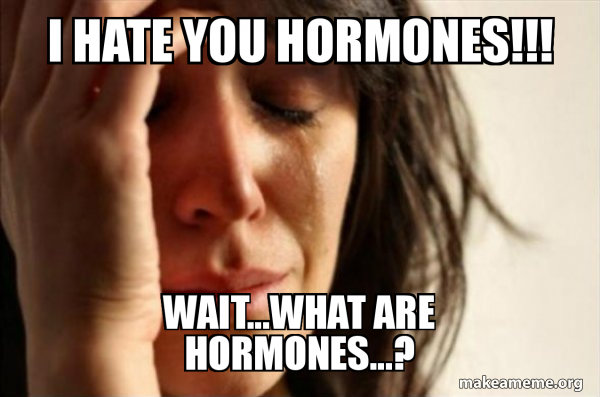
How Nutrition Apps Are Revolutionizing Hormone Health
Let’s be real – our hormones affect everything from our mood and energy to our weight and fertility. And while we can’t control all aspects of our hormonal health, what we eat plays a massive role.
The good news? There’s an app for that. Actually, there are dozens of them.
Tracking More Than Just Calories
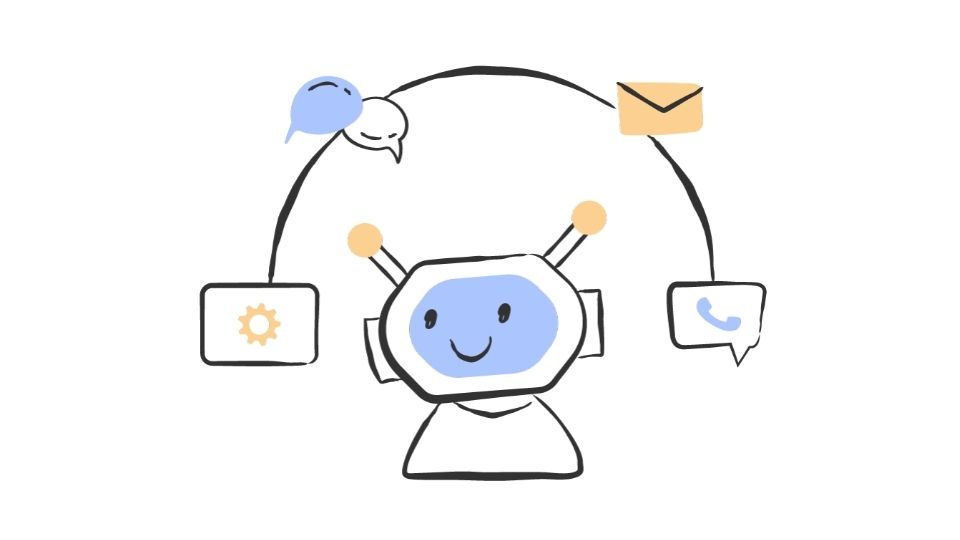
Traditional calorie counting is so 2010. Today’s nutrition apps go way deeper:
Micronutrient tracking: Apps like Cronometer track over 300,000 foods with detailed info on vitamins and minerals essential for hormone function.
Hormone-specific nutrients: Some apps specifically highlight nutrients that support thyroid function, estrogen metabolism, or progesterone production.
Food sensitivities: Many track inflammation triggers that can disrupt hormone balance.
Think about it – you might be hitting your calorie goals but missing critical nutrients that your hormones desperately need. That’s like trying to build a house with only hammers and no nails.
Cycle Syncing: Your Period as a Vital Sign
The coolest feature of hormone-focused apps? They treat your menstrual cycle as the fifth vital sign it truly is.
These apps help you:
- Track your period and symptoms
- Identify patterns in your mood, energy, and cravings
- Detect irregularities that might signal conditions like PCOS or endometriosis
- Adjust your nutrition and exercise based on where you are in your cycle
Studies show that consistently logging your cycle and symptoms actually leads to better symptom management. It’s like having a crystal ball for your hormones – except it’s backed by science, not magic.
Lifestyle Guidance That Actually Helps
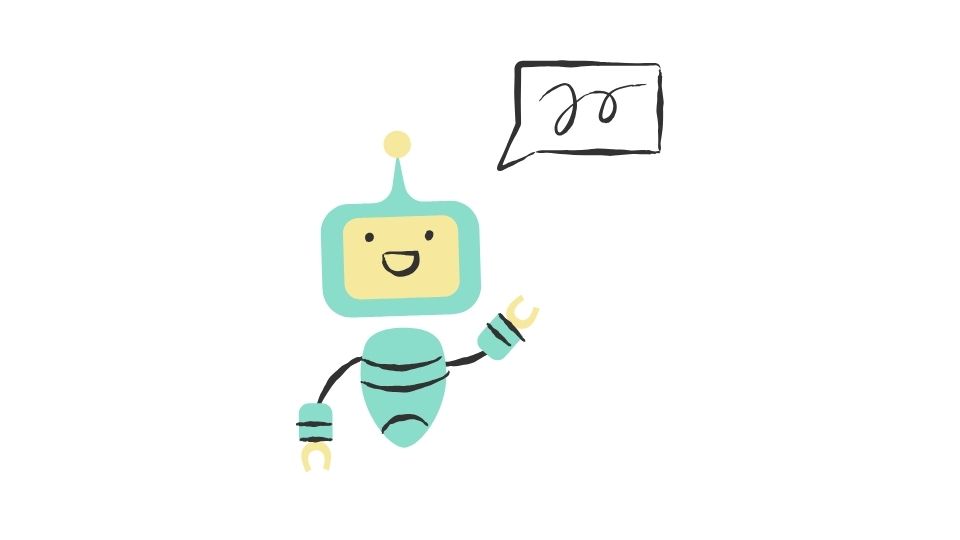
Some apps like Health & Her take things a step further by connecting the dots between your lifestyle and your symptoms.
Had a stressful week and then your period symptoms were worse? Drank alcohol and then couldn’t sleep during your luteal phase? These apps help you see those connections and make smarter choices.
The dose makes the poison here. A glass of wine might be fine in your follicular phase but send you into an emotional spiral premenstrually. Knowledge is power.
AI-Powered Personalization: The Future is Now

The newest generation of hormone health apps uses artificial intelligence to:
- Recognize meals from photos
- Create personalized nutrition plans based on your unique data
- Integrate with wearables to monitor sleep, stress, and activity
Apps like Nutrisense combine glucose monitoring with AI recommendations to help you understand exactly how different foods affect your hormones.
This isn’t one-size-fits-all advice. It’s like having a nutritionist and endocrinologist in your pocket, analyzing your personal data in real-time.
Keeping It Simple: The Text Message Approach
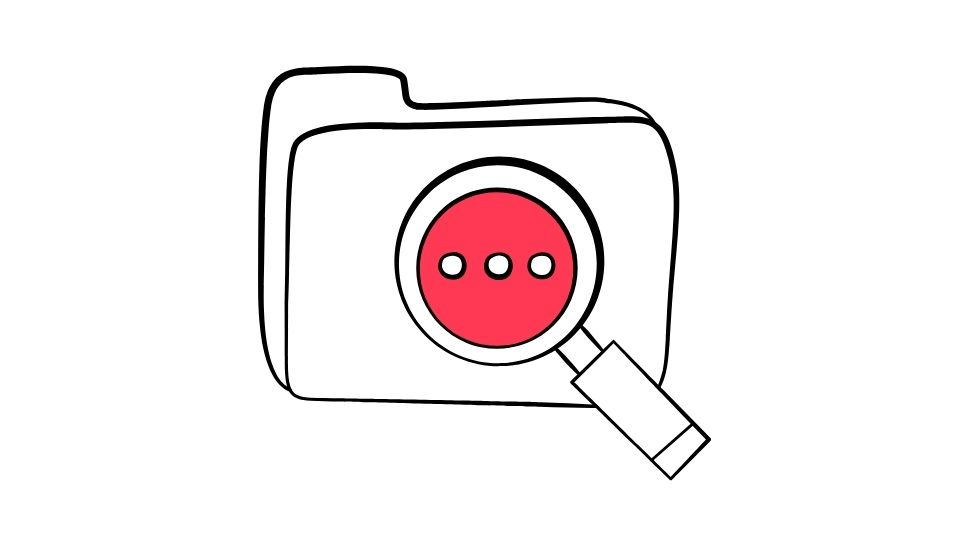
Let’s be honest – even the best app is useless if you don’t actually use it.
That’s why some approaches focus on simplicity. Rather than requiring you to navigate complex interfaces, options like MealByMeal use simple text messaging to track meals and calculate nutrients.
This low-friction approach means you’re more likely to stay consistent, which is the real key to hormonal balance through nutrition.
What to Look For in a Hormone Health App
If you’re ready to try a hormone health app, here’s what to look for:
- Detailed nutrient tracking beyond just calories and macros
- Cycle tracking with symptom and trigger logging
- Educational content that explains the why behind recommendations
- Integration with wearables for sleep, stress, and activity monitoring
- Personalized recommendations based on your data
- User-friendly interface that you’ll actually stick with
Remember, the best app is the one you’ll actually use consistently. Sometimes that means the simplest option wins.
My Take: Start Small, Be Consistent
After researching this topic extensively, I’ve learned that the magic isn’t in finding the perfect app with every bell and whistle – it’s in consistent tracking and making connections between what you eat and how you feel.
Start by tracking just your meals and cycle for a month. Notice any patterns? That’s your body talking to you.
From there, you can get more sophisticated with micronutrient tracking, stress monitoring, and personalized plans from AI-powered platforms.
The journey to hormone balance isn’t a straight line – it’s a conversation between you and your body. These apps just help you understand the language better.
So, can an app fix all your hormone issues? No. But can it help you make better choices and understand your body’s signals? Absolutely.
And that’s worth way more than counting calories.



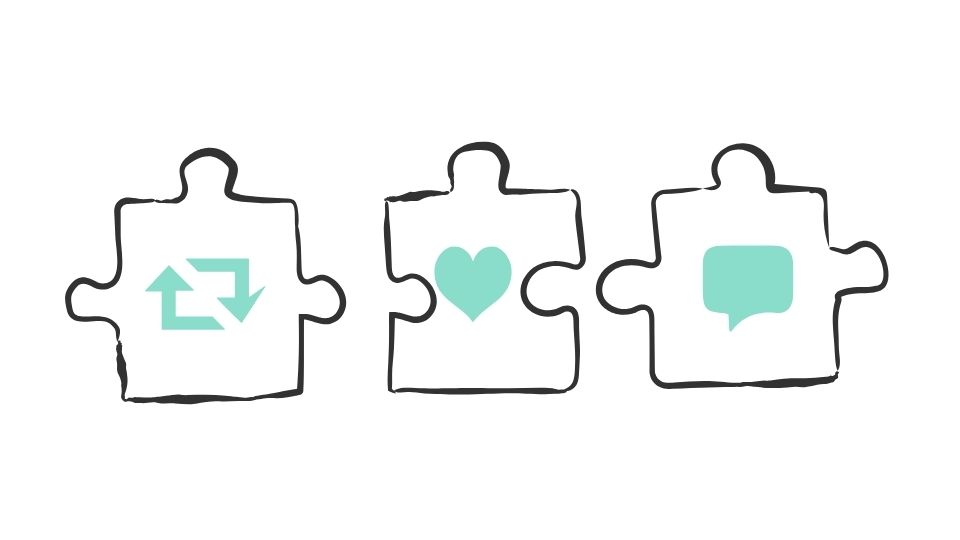
Leave a Reply